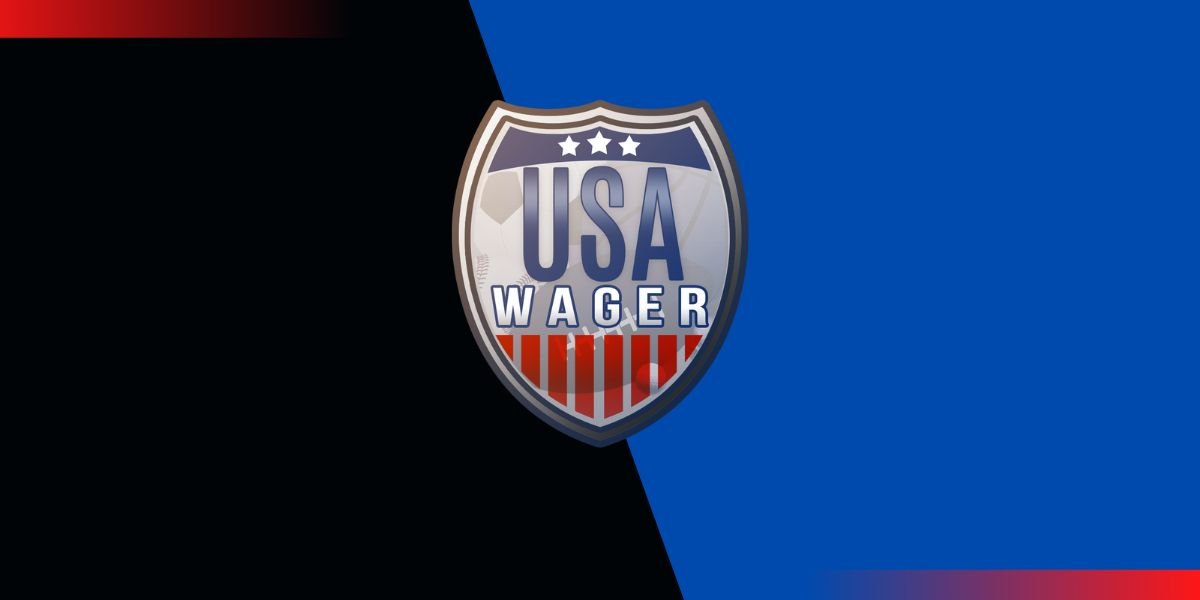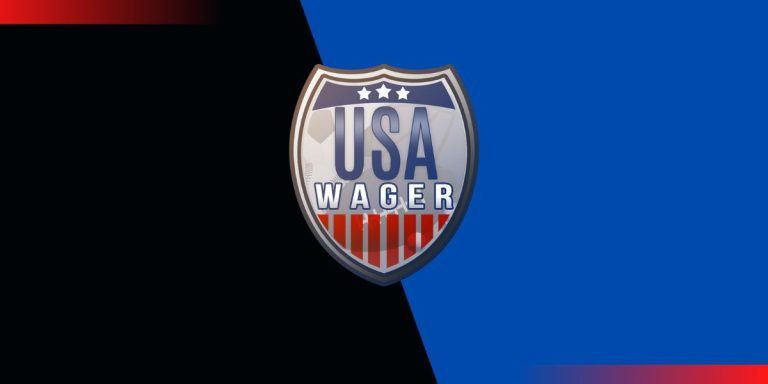Multibillion-Dollar Loot Boxes Spark Calls for FTC Investigation of EA Sports
Several advocacy groups are imploring the Federal Trade Commission (FTC) to investigate EA Sports for its marketing of loot boxes to young players.
The loot crates, which are found in the Ultimate Team mode— most commonly attributed to the FIFA franchise— offer players a chance to exchange digital currency for a “pack,” which can contain different players, jerseys, stadiums, badges, and more that the players can then add to their teams. The digital currency can be acquired from game time, an online marketplace, or by using credit or debit cards.
Critics feel that the system “abstracts the price” and takes advantage of children’s lack of financial literacy, according to a letter headed by Fairplay and the Center for Digital Democracy, along with over a dozen other groups, submitted to the FTC.
EA and the use of loot boxes
The FTC’s primary task is to investigate whether or not EA’s promotion of the loot crates violates standards of unfair and deceptive business practices. Because the crates are randomized and involve an element of luck, the issue is also closely linked to gambling and the rise in addictive personalities.
The FTC has mostly avoided the issue of loot boxes, aside from a brief address at a 2019 workshop that highlighted the potential perils of such operations. That workshop was then summarized in a 2020 report which stated that loot crates encouraged compulsive behavior and addictive spending habits, specifically in children. Despite this, European nations have been more proactive in combating gambling addictions and found that loot boxes are strongly linked to problem gamblers.
A 2021 study by the University of Plymouth and the University of Wolverhampton revealed that loot crates “are structurally and psychologically akin to gambling.”
In 2019, FIFA halted the sale of “FIFA Points,” the native digital currency for FIFA, in Belgium because of loot box laws. Earlier this week, game developer Activision Blizzard scrubbed the release of its new game “Diablo Immortal” in the Netherlands and Belgium because of similar legislative standards.
The United Kingdom will imminently deliver a verdict on the matter as calls for the government to treat loot boxes as a form of gambling have increased.
The case for FIFA and other games
Loot crates in FIFA and other games are not necessary components of the game. This distinction helped EA in a lawsuit earlier this year, in which a Dutch court overturned a $10.7m fine after finding loot crates were not a required part of gameplay.
However, loot crates provide players with a significant competitive advantage, mostly because of the assets that they can unlock and add to their team or sell for more digital currency, which can then be used in an auction house or on more crates.
The odds of gamers receiving a high-rated player in their pack is “deliberately unclear,” per the advocacy groups sponsoring the letter.
EA feels that its loot boxes are important to maintaining a healthy environment in the game and also within the company.
“Any events or circumstances that negatively impact our ability to reliably provide content or sustain engagement for Ultimate Team, particularly FIFA Ultimate Team, would negatively impact our financial results to a disproportionate extent,” EA said in its 2021 fiscal year financial report.
Loot crates are a major part of “microtransactions” or in-game purchases made after players download a game that was popularized by FIFA. According to Juniper Research, these purchases accounted for $15bn in revenue across the entire video game industry in 2020. EA also raked in $1.6bn from purchases within its Ultimate Team game mode, a “substantial portion” of which came from FIFA, per the report.
The groups are also seeking clarity on if EA uses information about gamers’ favorite teams or players to use different marketing campaigns and reach certain audiences.


